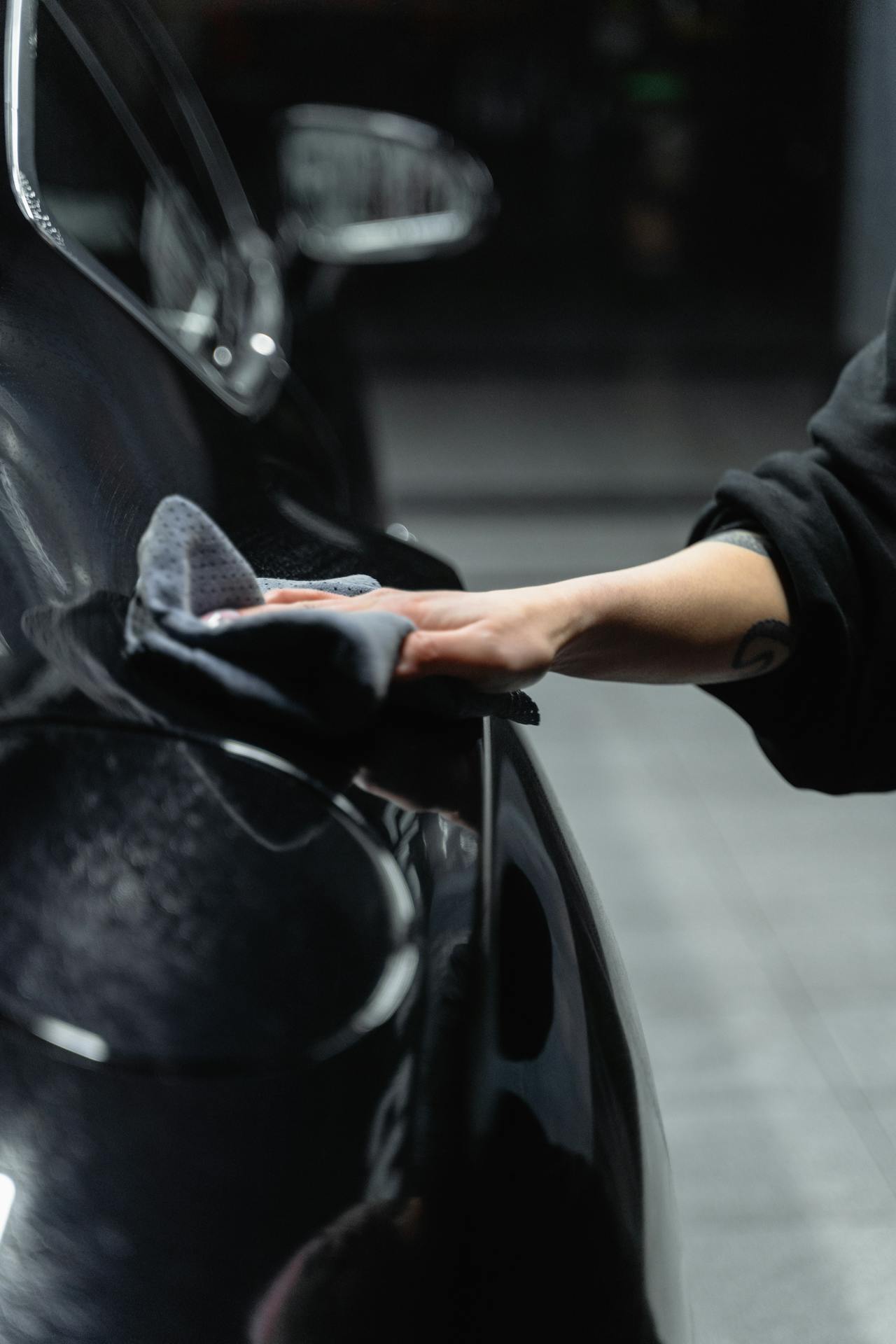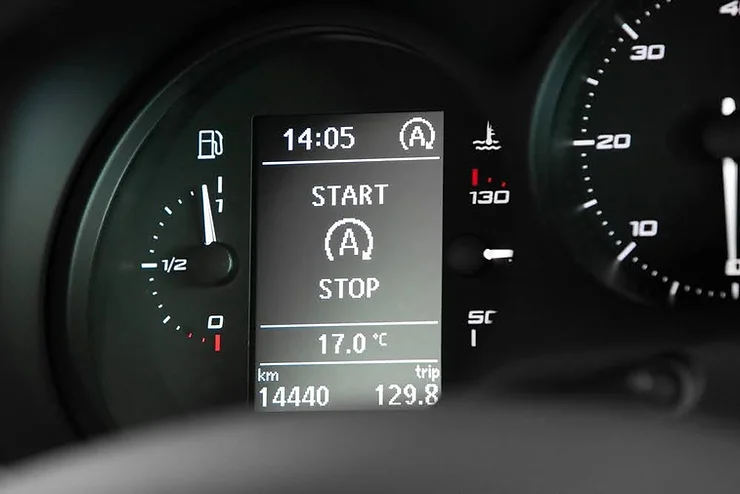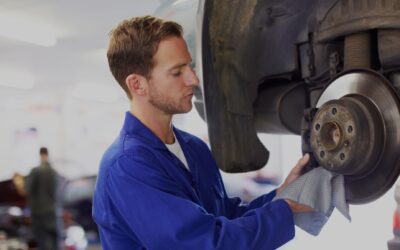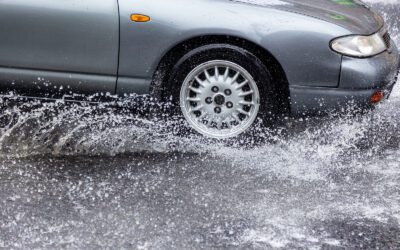When your car’s fuel pump doesn’t work properly, neither does your car. This essential part of a vehicle’s fuel system delivers gasoline or diesel fuel to the engine. The pressure this device generates ensures that the engine always has enough fuel to run and accelerate efficiently. Unfortunately, problems can and do occur.
Once you have a basic understanding of how a fuel pump works, what can go wrong with it, how to recognize the telltale signs of a fuel pump issue, and how to prevent such problems from developing, you can keep your vehicle’s fuel pump working longer and more effectively. These frequently asked questions should get you started.
How Does a Car’s Fuel Pump Work?
Electrical fuel pumps typically sit either next to or inside a car’s fuel tank. When you start your car, the onboard computer tells the pump to start creating pressure that pulls fuel in from the tank and then out toward the engine. Spinning vanes, rollers, rotors, or impeller blades do the pushing in various types of fuel pumps.
The pumped fuel passes through a fuel filter before making its way to the fuel injectors, which then feed the fuel into the engine in controlled amounts. The fuel injectors then send any unused fuel back to the fuel tank. The fuel pump generates continuous fuel pressure as long as you keep the motor running.
Why Do Fuel Pumps Malfunction?
Mechanical devices such as fuel pumps can wear out prematurely or simply stop working correctly if they clog with contaminants. Dirty or poor-quality fuel often causes or contributes to fuel pump failure. A consistently low level of fuel in your tank may concentrate dirt and debris, hastening this process.
Fuel pumps can also fail due to electrical malfunctions that prevent the computer from controlling the pump. In some cases, the fuel pumps’ internal connectors or wires may overheat and melt. In others, a wire or connector between the fuel pump and the computer may fail, severing communications between these components.
When Should You Suspect a Fuel Pump Issue?
Many operational problems and symptoms can suggest a possible fuel pump issue. You may notice that your engine burns more fuel than usual, struggles to accelerate, or surges at random intervals. Once you get the car up to speed, the fuel tank may emit a loud whining noise, or the engine may sputter.
A failing fuel pump may cause your car to stall. If your car stalls while your engine temperature rises, take this as a sign of probably fuel pump trouble. A fuel pump that has lost its ability to feed sufficient fuel to the engine can also make your car difficult or even impossible to start.
How Can You Avoid Fuel Pump Failure?
Once a fuel pump has failed, your automotive service technician must replace it. However, while no fuel pump lasts forever, you can avoid premature fuel pump failure by taking certain smart measures to protect this important piece of equipment.
Clean, high-quality fuel can make a major difference in your fuel pump’s longevity and performance. Purchase brand-name fuel whenever possible to help ensure the fuel’s purity. Try not to let the fuel level in the tank hover below the one-half mark. A relatively full tank keeps the fuel pump cooler and helps to dilute any debris.
Whether you suspect that your car’s fuel pump has developed trouble or you need to replace it according to your manufacturer’s recommended service schedule, Windermere Sustainable Car Care can check this key part of your vehicle and replace it if necessary. Contact us today at either of our locations.





